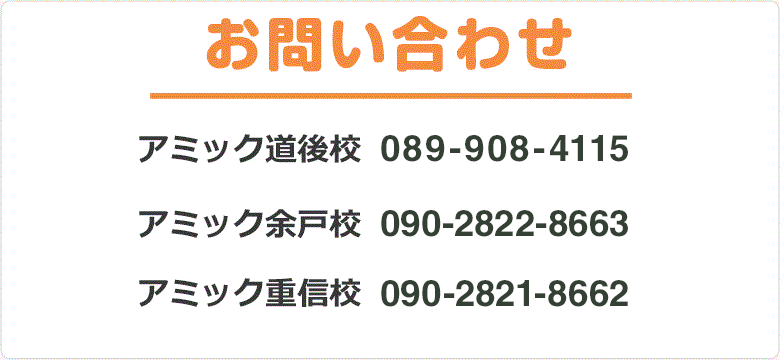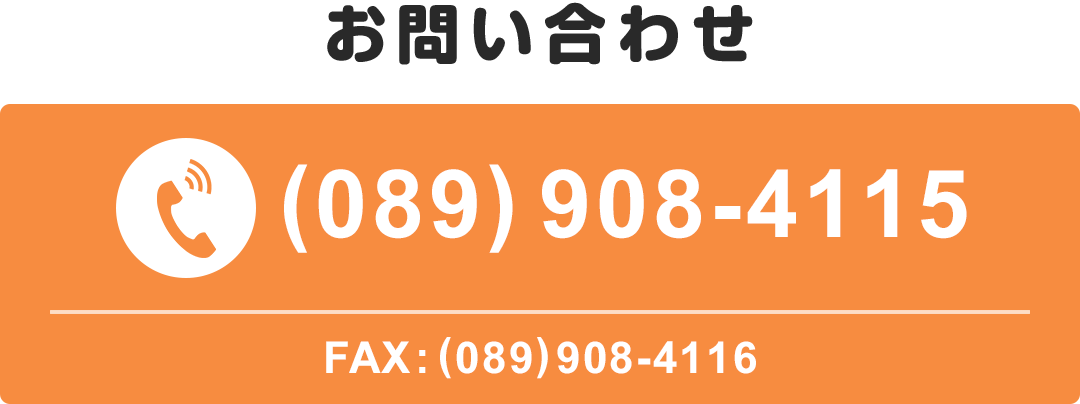月別アーカイブ:2018年9月
英会話・英語 アミック – Phrasal verb with “run” (part 1)
Run about
- Meaning: Be very busy doing many different things
- Example: I’ve been running about all week getting everything ready for the holidays.
Run across
- Meaning: Cross by running
- Example: The police ran across the bridge to catch the criminal.
Run across
- Meaning: Find or discover by chance
- Example: While I was cleaning the kitchen cupboards, I ran across Mother’s recipe for Cornish game hens.
Run after
- Meaning: Chase
- Example: That dog will get hurt if he continues to run after cars.
Run after
- Meaning: Make a determined effort to win someone’s affections
- Example: She runs after any man in uniform!
Run against
- Meaning: Oppose, make difficulties.
- Example: Luck is really running against you tonight!
Run along
- Meaning: Leave; to make one’s way somewhere else
- Example: Well I must be running along now or I’ll be late for supper.
Run around
- Meaning: Be very busy doing many different things
- Example: I don’t want to run around all week getting everything ready for the holidays.
Run around after
- Meaning: Spend a lot of time doing things for another person or group of people
- Example: I have spent all morning running around after the kids.
Japanese Things In English – 英会話・英語 アミック
My students always laugh when they learn how the names of popular Japanese media have been translated into English.
Some are extremely literal—the famous 1997 Studio Ghibli film, for example, is Mononoke-hime in Japanese and Princess Ehime in English. The names of most Dragon Ball characters in the English adaptation have stayed faithful to their Japanese origins, too: Kuririn is Krillin, Freeza is Frieza, Buruma is Bulma, Bejita is Vegeta, Torankusu is Trunks, and so on.
However, importers of other Japanese media have taken much more creative license with their naming; here’s a list of 10 Japanese media things and their English counterparts:
| Thing | Romaji | English |
| Film | Hauru no Ugoku Shiro | Howl’s Moving Castle |
| Pokemon | Lizardo | Charmeleon |
| Children’s show | Sūpā Sentai Shirīzu | Mighty Morphin’ Power Rangers |
| Game show | Fūun! Takeshi-jō | Most Extreme Elimination Challenge |
| Anime | Hagane no Renkinjutsushi | Fullmetal Alchemist |
| Film | Kaze Tachinu | The Wind Rises |
| Pokemon | Pippi | Clefairy |
| Mario character | Kinopio | Toad |
| Manga | Shingeki no Kyojin | Attack on Titan |
I love fall
October is one of my favorite months, in my favorite season. The weather is finally getting cooler, delicious fall flavors are appearing on cafe menus, and it’s nearly time for my favorite holiday, Halloween. Right now I’m trying to decide on a fun new costume for our Halloween week celebrations. In previous years I’ve been a ghost, a horse, and a Star Wars character. What should I be this year? What would you like to see? I’d love to hear any suggestions or requests, and I’m looking forward to seeing everyone else’s costumes!
英会話・英語 アミック You and I need to remember…
Yes, I’m a Yes (Wo)Man. 英会話・英語 アミック
I’ve often heard the term “Yes Man” used negatively. A “Yes Man” could literally be someone who is unable to say no to simple or grand requests, making them a total pushover. A “Yes Man” could also be someone who sucks up to their boss or coworkers by taking on all extra work. I’ve recently read a book that has positively changed the meaning of a “Yes Man” for me. Incidentally, this book is also called Yes Man. It was written by Danny Wallace and chronicles his adventures of saying “yes” to everything in an attempt to bring more openness and satisfaction into his life. Seriously, he says yes to every credit card offer, every invitation, every weekend outing, every. thing. Even an eventual marriage proposal! This newfound willingness to accept all offers leads him on a journey of self-discovery and overall life improvement.
As someone who loves challenging herself personally, this book presented an experiment that seems right up my alley. Although I live in Japan, I speak and understand very little Japanese. I sometimes find myself saying “はい” to the cashiers at Fuji or 7-11 simply because it makes life easier than pantomiming what I really need. I can relate to this book because saying yes can have amazing results when you’re not 100% sure what the outcome of your “はい” will lead to. This book inspired me to say yes more often. So far, saying yes has gotten me: a free vanilla ice cream from 7-11, a point card to Fuji, and a spot on a relay marathon team. I hope to keep challenging myself to say yes to requests and events. What about you? Will you try to say “yes” more?












